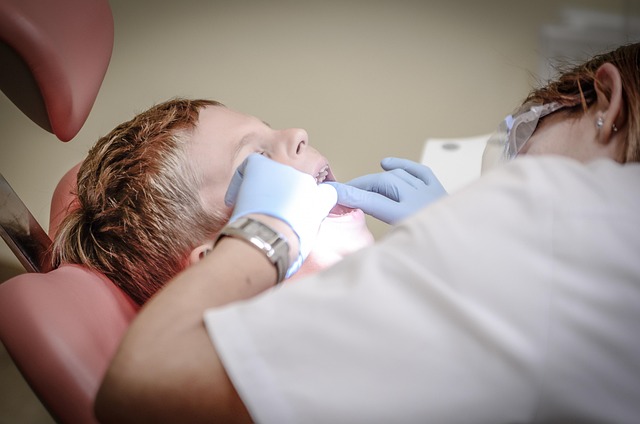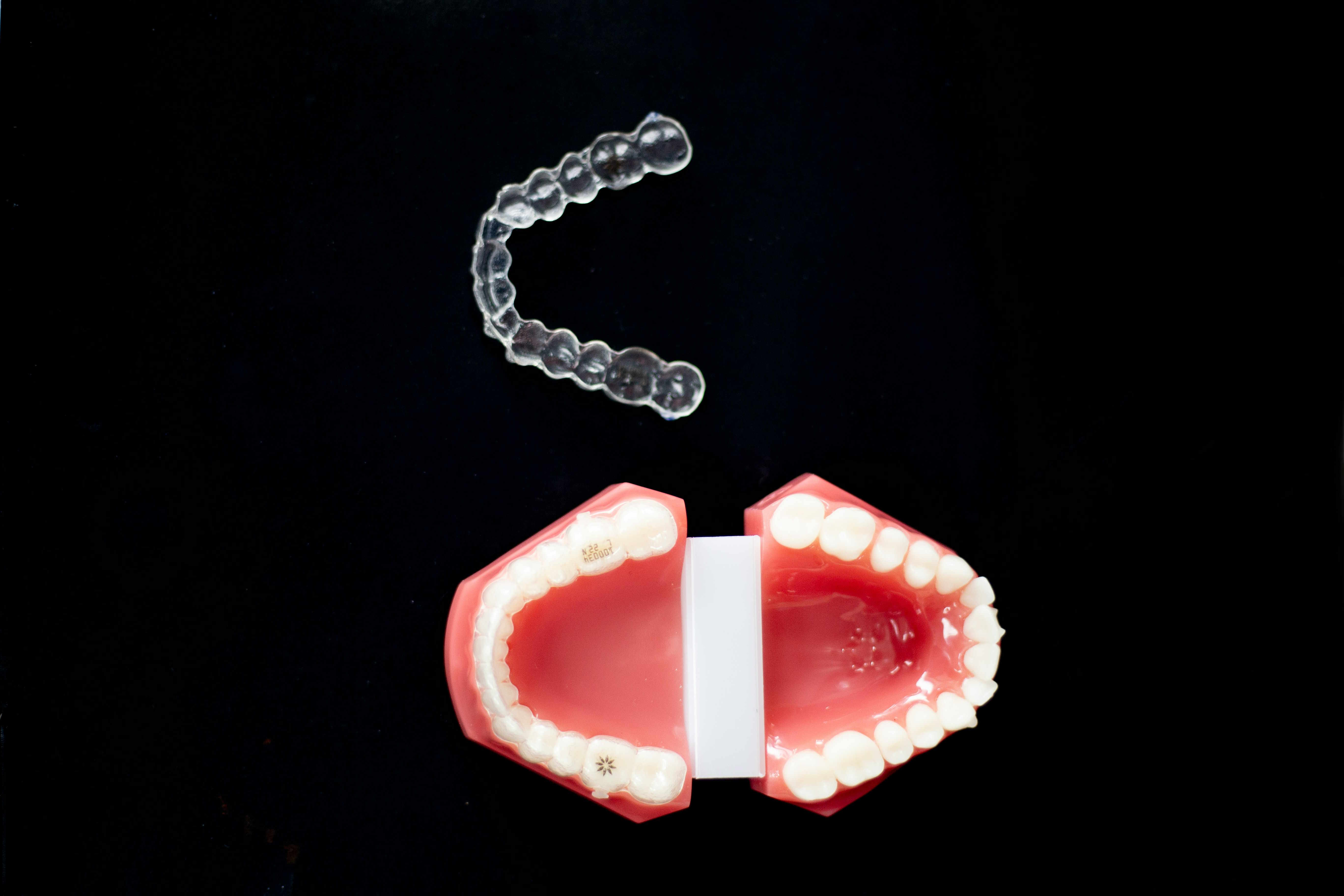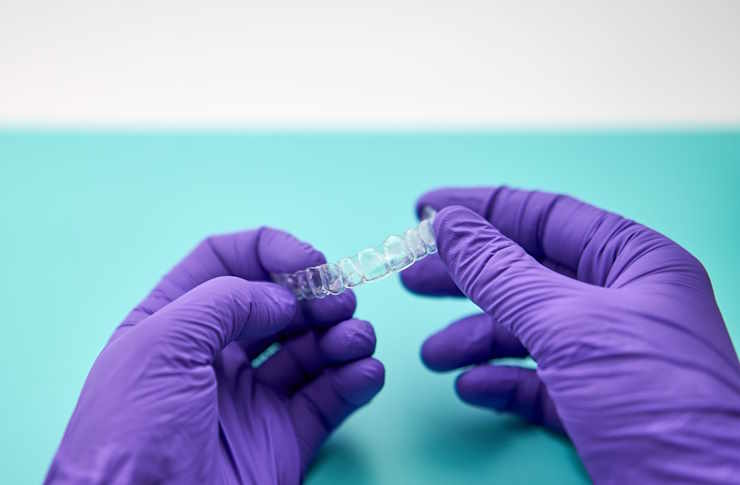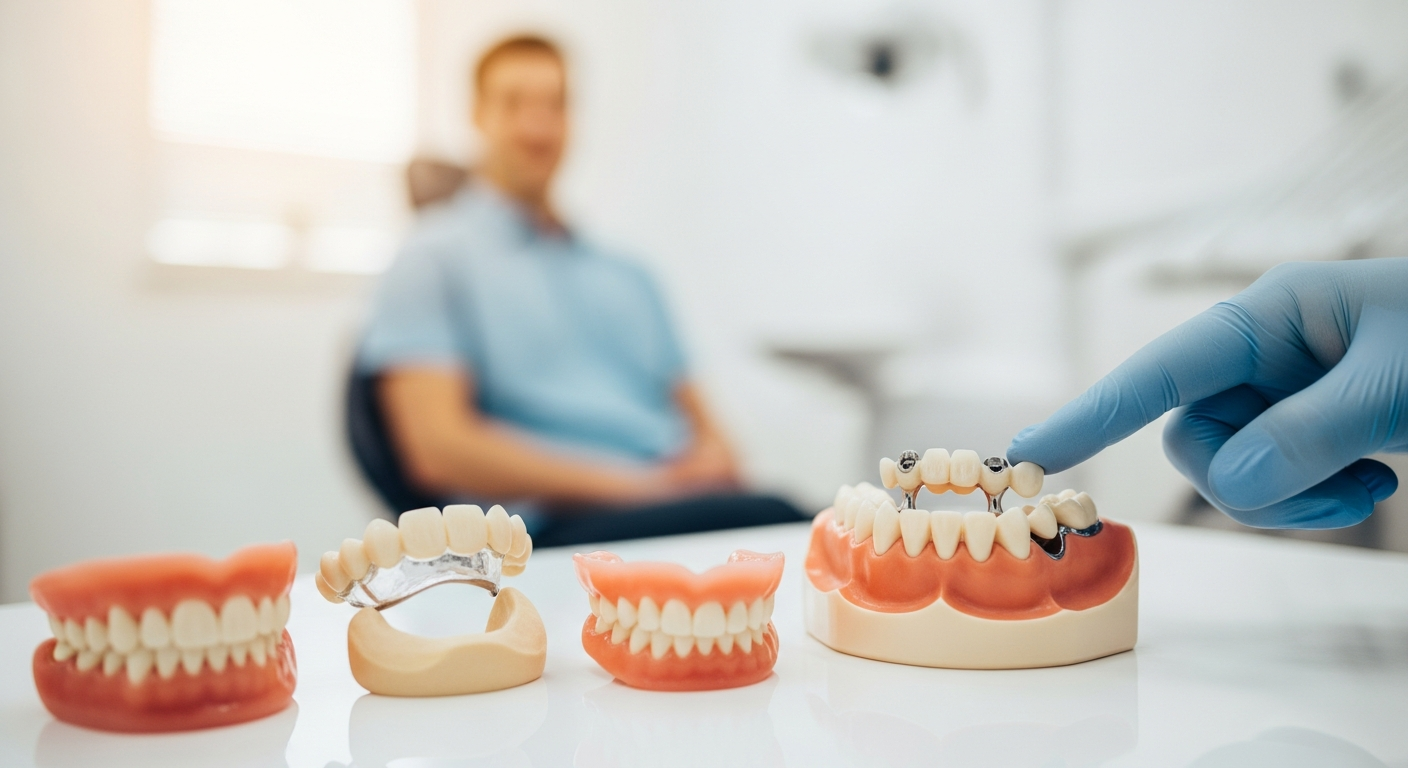Advanced Tooth Restoration Methods for Aging Populations in Malaysia
As people age, maintaining oral health becomes increasingly important for overall well-being and quality of life. Advanced tooth restoration methods have transformed how aging populations in Malaysia address missing or damaged teeth. Modern dental technology offers solutions that go beyond traditional dentures, providing options that restore function, appearance, and confidence. Understanding these innovative approaches helps seniors make informed decisions about their oral health care and explore treatments tailored to their specific needs and circumstances.

Tooth loss among aging populations remains a significant concern affecting nutrition, speech, and self-esteem. Malaysia’s dental industry has embraced advanced restoration techniques that cater specifically to the unique requirements of older adults. These methods combine cutting-edge technology with personalized care approaches, ensuring that seniors receive treatments suited to their bone density, overall health status, and lifestyle preferences.
Senior Dental Implants: How Modern Solutions Improve Smiles
Modern dental solutions have revolutionized smile restoration for seniors through biocompatible materials and minimally invasive procedures. These advanced methods utilize titanium posts that integrate with existing jawbone, creating stable foundations for replacement teeth. The process involves careful assessment of bone quality, gum health, and medical history to ensure optimal outcomes. Seniors benefit from improved chewing ability, clearer speech, and natural-looking results that blend seamlessly with remaining teeth. Unlike removable alternatives, these permanent solutions eliminate concerns about slippage or discomfort during daily activities. The psychological benefits extend beyond aesthetics, as restored smiles often lead to increased social engagement and improved mental well-being among older adults.
Dental Implants for Seniors: What They Are and How They Work
Dental implants represent sophisticated tooth replacement systems consisting of three main components: a titanium post surgically placed into the jawbone, an abutment connecting the post to the visible portion, and a custom-crafted crown matching natural tooth color and shape. The process begins with comprehensive evaluation including X-rays and CT scans to map bone structure and identify optimal placement locations. During the surgical phase, the titanium post is inserted into the jawbone where it gradually fuses through a biological process called osseointegration, typically taking three to six months. Once integration is complete, the abutment and crown are attached, completing the restoration. This multi-stage approach ensures stability and longevity, with proper care allowing these restorations to last decades. Seniors with adequate bone density and good overall health make excellent candidates, though those with certain medical conditions may require additional evaluation.
Modern Tooth Implants for Seniors: A Guide to Today’s Options
Today’s dental landscape offers several implant variations designed to accommodate different clinical scenarios and patient needs. Single tooth implants replace individual missing teeth without affecting adjacent healthy teeth, preserving natural dental structure. Multiple tooth implants can support bridges spanning several missing teeth, eliminating the need for removable partial dentures. Full-arch solutions provide comprehensive restoration for seniors missing most or all teeth in one jaw, using strategically placed implants to support complete denture prosthetics. Mini implants, featuring smaller diameter posts, offer alternatives for patients with reduced bone volume who may not be candidates for standard-sized implants. All-on-4 and All-on-6 techniques utilize four or six strategically angled implants to support entire arches, often allowing immediate temporary teeth placement. Zygomatic implants anchor into cheekbone rather than jawbone, serving patients with severe upper jaw bone loss. Each option presents distinct advantages regarding healing time, surgical complexity, and long-term maintenance requirements.
Cost Considerations and Provider Options in Malaysia
Understanding the financial aspects of advanced tooth restoration helps seniors plan effectively for their dental care. Malaysian dental clinics offer various pricing structures depending on the complexity of treatment, materials used, and clinic location. Urban centers like Kuala Lumpur and Penang typically feature higher costs compared to smaller cities, though quality standards remain consistent across reputable providers.
| Provider Type | Services Offered | Cost Estimation (MYR) |
|---|---|---|
| Private Dental Clinics | Single implant with crown | 6,000 - 12,000 |
| Specialist Centers | Full-arch restoration | 40,000 - 80,000 |
| University Dental Hospitals | Single implant with crown | 4,000 - 8,000 |
| Dental Tourism Facilities | Complete treatment packages | 5,000 - 70,000 |
Prices, rates, or cost estimates mentioned in this article are based on the latest available information but may change over time. Independent research is advised before making financial decisions.
Factors influencing final costs include preliminary procedures like bone grafting or sinus lifts, choice of crown materials (porcelain versus zirconia), and post-operative care requirements. Many Malaysian clinics offer payment plans allowing seniors to spread costs over extended periods, making treatments more accessible. Some private insurance policies and medical savings accounts may provide partial coverage, though verification with individual providers remains essential.
Health Considerations and Success Factors
Successful tooth restoration outcomes depend heavily on overall health status and lifestyle factors. Seniors with controlled diabetes, stable cardiovascular conditions, and healthy immune systems generally experience excellent results. However, certain medications like bisphosphonates used for osteoporosis may affect bone healing and require careful management. Smoking significantly impacts success rates, as tobacco use impairs blood flow and delays healing processes. Adequate oral hygiene practices prove crucial for long-term implant survival, with regular brushing, flossing, and professional cleanings preventing infection around implant sites. Nutritional status also plays a role, as proper protein intake and vitamin D levels support bone integration and healing. Seniors should discuss all medications, supplements, and health conditions with their dental team to optimize treatment planning and minimize complications.
Preparing for Treatment and Recovery Expectations
Proper preparation enhances treatment outcomes and reduces recovery complications. Pre-surgical consultations involve comprehensive health assessments, medication reviews, and detailed treatment planning discussions. Seniors should arrange transportation for surgery days and plan for soft food diets during initial healing phases. Most patients experience manageable discomfort controlled with prescribed pain medications, with swelling and bruising typically subsiding within one week. Initial healing occurs over several weeks, though complete osseointegration requires several months before final restorations can be placed. Follow-up appointments monitor healing progress and address any concerns promptly. Long-term success requires commitment to regular dental visits, typically every six months, allowing professionals to assess implant stability and surrounding tissue health. With proper care and maintenance, modern tooth restorations provide seniors with durable, functional, and aesthetically pleasing solutions that significantly enhance quality of life.
Advanced tooth restoration methods represent significant investments in health, function, and well-being for aging populations. Malaysian seniors have access to world-class dental care utilizing the latest technologies and techniques. By understanding available options, associated costs, and success factors, older adults can make informed decisions that restore their smiles and improve their daily lives for years to come.




